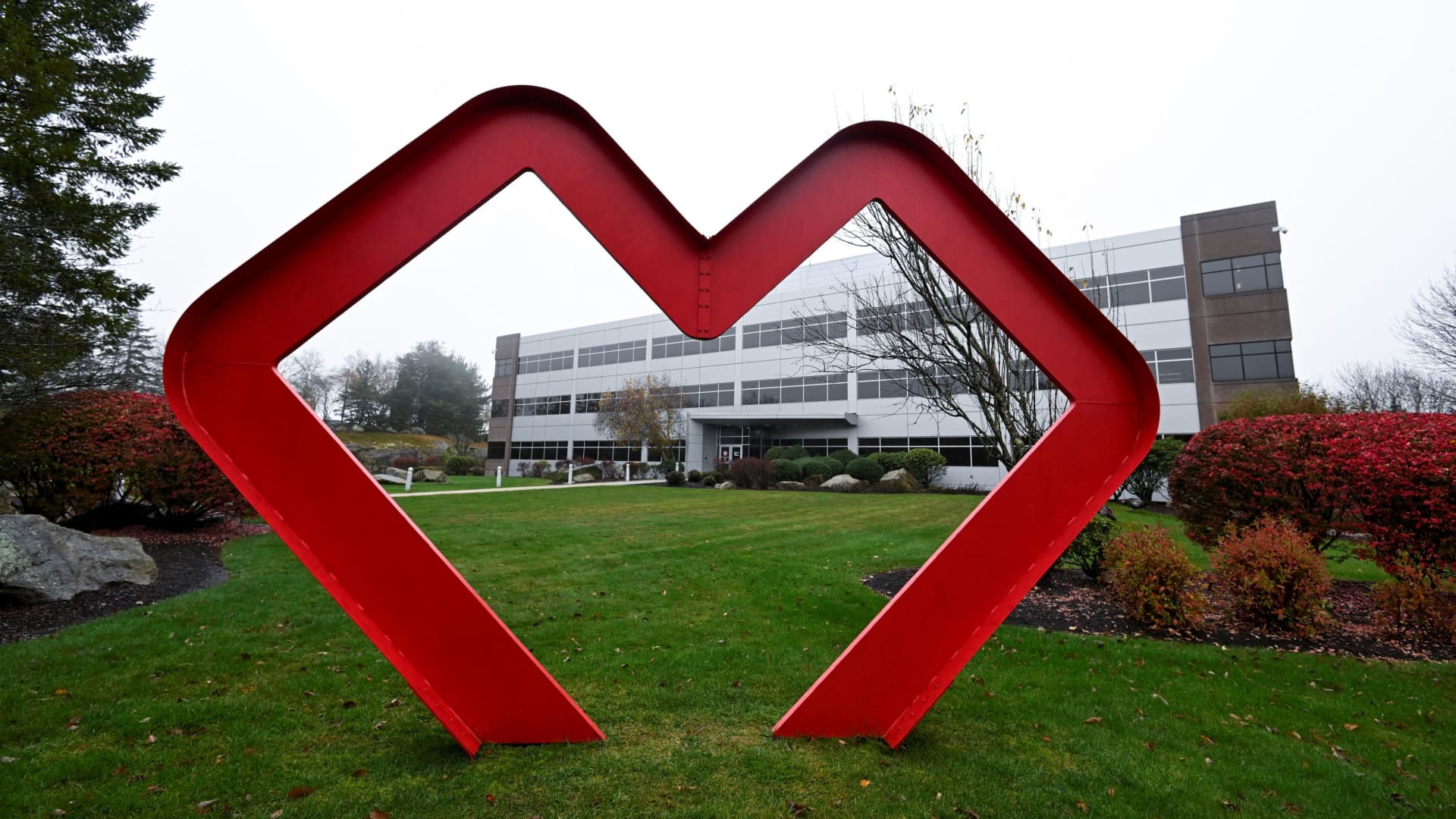Dr. Fauci warns Covid variant found in South Africa could pose threat to antibody drugs

Anthony Fauci, director of the National Institute of Allergy and Infectious Diseases, sits ahead of a Senate Health Education Labor and Pensions Committee hearing in Washington, D.C., U.S., on Wednesday, Sept. 23, 2020.
Graeme Jennings | Bloomberg | Getty Images
A mutated and more infectious coronavirus strain first identified in South Africa is “disturbing” and could pose a threat to antibody treatments that are used to prevent people from falling seriously ill from Covid-19, White House health advisor Dr. Anthony Fauci said Tuesday.
New coronavirus strains first identified in the United Kingdom and South Africa have caused some concerns among scientists who say the mutated variants are highly infectious, though they don’t appear to be any deadlier compared with previous strains.
So far, health experts have said there’s no evidence the mutations alter the effectiveness of current vaccines. However, there’s some concern that the variant found in South Africa, known as 501Y.V2, might be more resistant to monoclonal antibodies, which have helped some people fight the virus when administered early on in their infection.
Through discussions with health experts in South Africa, Fauci said preliminary data shows there’s “more of a threat” the strain would evade some of the protections antibody treatments provide.
“It could be having some impact on protection for the monoclonal antibodies and perhaps even for the vaccine. We don’t know that,” Fauci, director of the National Institute of Allergy and Infectious Diseases, said during a Q&A session at Schmidt Futures’ Forum on Preparedness.
He added that researchers in laboratories at the National Institutes of Health and across the country are quickly trying to determine the possible impact of the South Africa strain.
“People ask me, ‘Are you worried about it?’ These are not the kind of things I worry about, but it’s the kind of thing that I take very seriously,” Fauci said.
As viruses spread, they’re expected to mutate over time as the spikes on their surfaces change, the Centers for Disease Control and Prevention says. The 501Y.V2 variant gets its name from the N501Y mutation found in the spike protein that the virus uses to gain entry into cells within the body.
This mutation is also seen in the variant U.K. health authorities identified in December, known as B.1.1.7. While both variants found in the U.K. and South Africa shared the N501Y mutation, they are different, according to the World Health Organization.
Fauci has previously said the mutated Covid-19 variations could pose a risk to the coronavirus therapeutics. Unlike vaccines, which trigger an immune response that attacks different parts of the virus, monoclonal antibodies target a very specific component, Fauci told California Gov. Gavin Newsom in late December.
Eli Lilly Chairman and CEO Dave Ricks told CNBC earlier Tuesday that he expects the company’s monoclonal antibody treatment to be effective against the variant found in the U.K., though the one in South Africa could pose more challenges. Eli Lilly’s drug was given emergency authorization in the U.S. in November and was followed by another drug from Regeneron.
“The South African variant … is the one of concern. It has more dramatic mutations to that spike protein, which is the target” of these antibody drugs, Ricks said on “Squawk Box.” “Theoretically, it could evade our medicines.”
The CDC has yet to identify any strains of the 501Y.V2 variant in the United States, though the agency has found at least 72 cases with the B.1.1.7 strain found in the U.K. as of Monday, according to data from the CDC.
— CNBC’s Holly Ellyatt and Kevin Stankiewicz contributed to this report.




